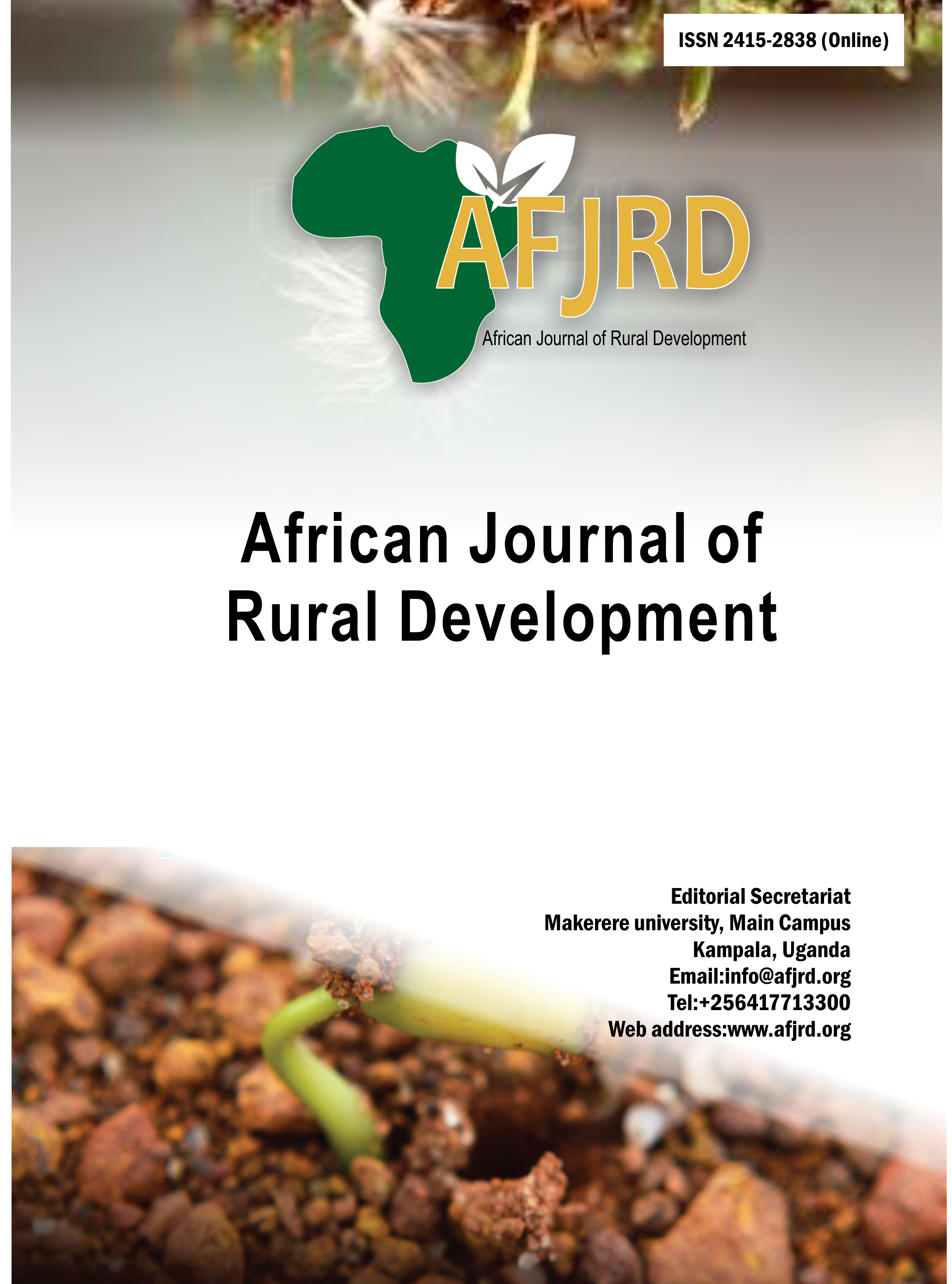A gender-based assessment of Science, Technology and Innovation ecosystem in Mozambique
Main Article Content
Abstract
Participation of women in Science, Technology and Innovation (STI) remains low, despite
several initiatives globally. The African Agenda 2063 recognizes Women, Science and
Technology as key tenets of the Sustainable Development Goals. This study provides a status
of Mozambique’s gender based STI ecosystem to enable targeting the gaps for mainstreaming
gender within higher education, enhancing the performance of higher education institutions in
training the next generation of workforce. Methodology approach consisted of review of gender
National policy documents and gender oriented STI initiatives, analyses of existing database
to capture trends on women’s participation in STI education and research; and interviews
with key informants from relevant government institutions, selected higher education and
research institutions. Findings indicate an increasing trend of women participation over the
years with greater preference for Arts and Humanities than Science and Technology. The
gender-based STI ecosystem is weak in Mozambique, and policies and strategies are yet to
be operationalized with appropriate implementation instruments. Funding opportunities are
sparse, mainly secured by the public sector and international organizations. There is limited
collaboration between knowledge based institutions and industry. We recommend that beyond
promoting initiatives to increase women participation and access to STI, there is a need to revise
the current setup of the national education system to allow students’ make better-informed
decision in the selection of Higher education stream. An integrated and harmonized policy and
implementation plan among responsible government sectors is needed to stimulate diversified
funding through seeking solutions and technologies that are both society and market driven.
Article Details

This work is licensed under a Creative Commons Attribution 4.0 International License.
